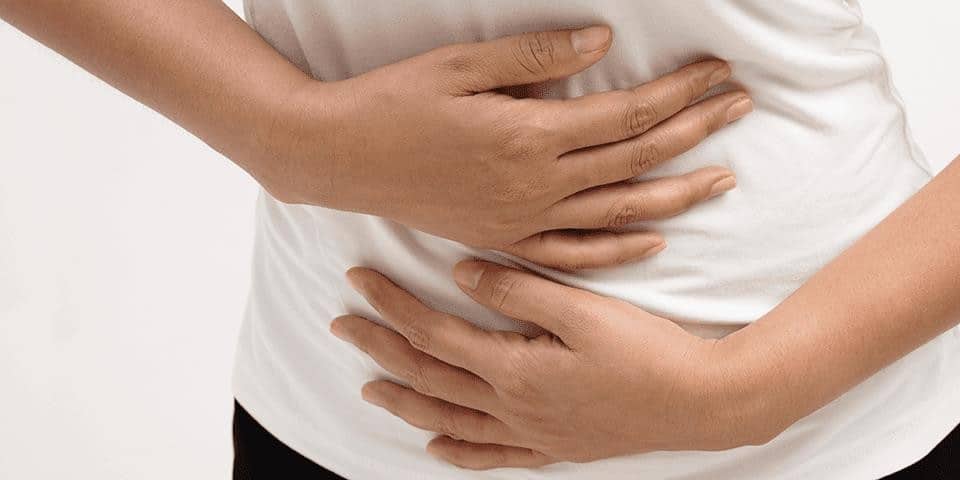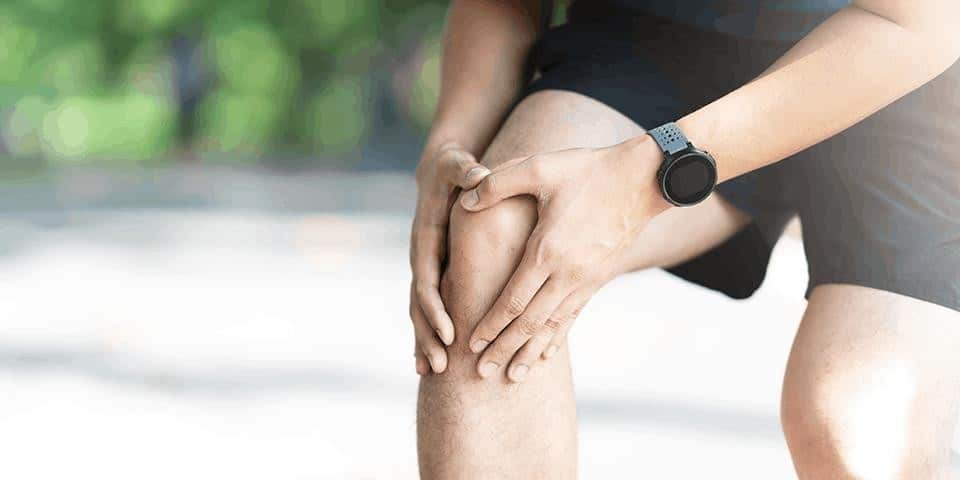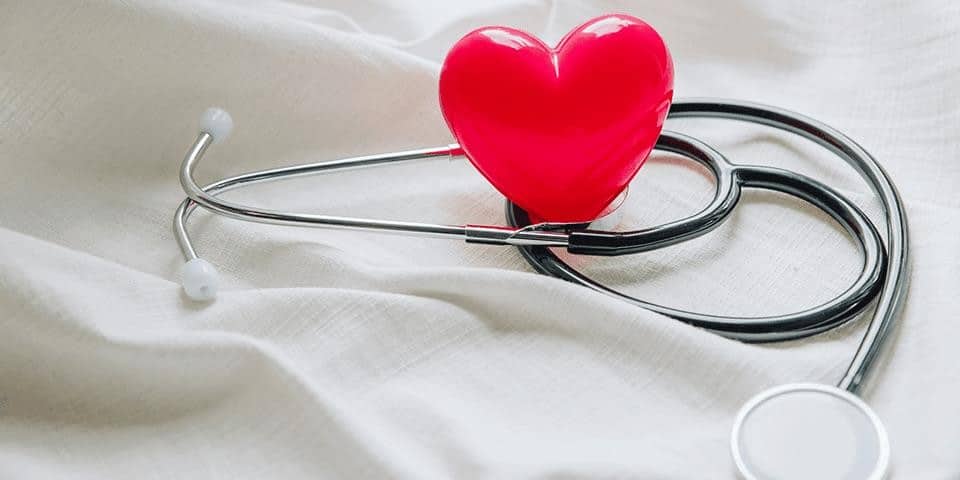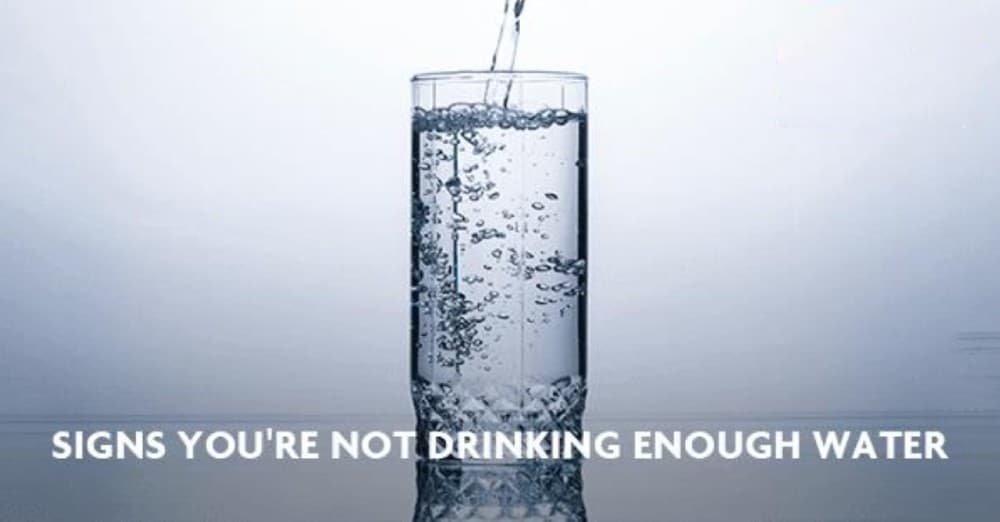Not drinking enough water can lead to extreme fatigue, headache, and digestive problems, besides a general feeling of dehydration. Chronic dehydration can also weaken your immune system. With this in mind, we have put together a list of 21 signs that show you may not be drinking enough water.
If you are experiencing any of these symptoms, then increasing your daily water intake is recommended as a first step.
Signs You’re Not Drinking Enough Water
Since water is so crucial to our bodily functions, a lack of it can cause myriad problems. Here are some of the most common signs of dehydration which signals that you need to drink more water.
1. Constantly Thirsty
First, let’s go over the telltale sign of dehydration, and feeling thirsty. You might even feel overly thirsty which doesn’t seem to go away with a simple sip or gulp of water. Your body is trying to tell you that it has been deprived of an adequate amount of water for some time now, and you should quench this thirst as soon as possible.
2. Persistent Bad Breath
By being properly hydrated, you help your salivary glands produce more saliva which in turn helps rinse away bacteria from your mouth. When you become dehydrated, saliva production is limited, which helps bacteria to grow in your gums, and in between your teeth. This can lead to chronic bad breath.
3. Reduced Urination/Dark Urine
Your kidneys need water to properly function and flush out the toxins present in your system. Without sufficient water intake, your kidneys will retain more water which will lead to decreased urination. Not only that, but the next time you urinate, it will contain a concentrated amount of toxins which will make it darker in color and produce a stronger odor.
4. Constant Hunger Pangs and Sugar Cravings
Without proper water intake, your body will experience trouble producing energy from its glucose stores. As a result, you will start feeling hunger pangs and start craving sugary foods like chocolate, cookies, candies, and so on. If this is happening to you, i.e. if you are feeling hungry even after eating, then it might be a sign that you are dehydrated.
5. Weight Gain

6. Poor Skin Health
If you are dehydrated, your skin cells will also not have sufficient water. This means that your skin will start looking dry, less elastic, and flaky and might even lead to fine lines, wrinkles, and slight sagging of the skin. Also, since water helps remove toxins from your system, a lack of it means a build-up of toxins which can lead to acne and pimples.
7. Digestive Problems/Constipation

Water promotes a healthy digestive system and smooth travel of food through your digestive tract. It also keeps your stool soft, which makes it easy to pass. Being dehydrated will lead to a harder stool and slow down its passage through your system. This will lead to infrequent constipated bowel movements as well as bloating and gas.
8. Dry Mouth and Chapped Lips
All of us know that awful sensation when the inside of the mouth turns sticky and dry. However, it doesn’t take a genius to figure out that it is a result of dehydration or improper water intake. The same goes for dry chapped lips that get easily cracked. These are often early signs of dehydration, which can be resolved by increasing the daily water intake.
9. Dry Eyes
Without water, your tear ducts will begin to dry up and won’t be able to moisten your eyes. As a result, your eyes will become irritated and bloodshot red. Having dry eyes isn’t a pleasant feeling, and can be easily avoided if you frequently drink the recommended amount of water.
10. Muscle Cramps
Excessive sweating can lead to dehydration. And if your body doesn’t have enough water to produce any more sweat, then it can lead to muscle aches. You see, the body sweats to cool itself. So, if you are present in a hot environment and dehydrated, then that heat is going to affect your muscles which will lead to severe muscle cramps.
11. Muscle Pain and Aching Joints

Did you know that our cartilage is made up of 80% water? Therefore, without water, the cartilages become weak and cause bones to grind against each other, resulting in aching muscles and joints.
12. High Blood Pressure and Cholesterol

13. Nausea and Dizziness
Generally, mild dehydration will lead to increased blood pressure. But sometimes, when you are seriously dehydrated, your blood volume will decrease, which can cause a significant drop in blood pressure. Now, as your blood pressure drops, your organs, specifically your brain, won’t receive adequate oxygen which can make you feel dizzy and light-headed, and sometimes even nauseous.
14. Persistent Tiredness

Water is a crucial component to maintain everyday bodily functions. Without it, your body will try to preserve its energy, thereby making you less energetic and sleepy. So, the next time you are feeling tired, even after a good night’s sleep, try drinking a glass of water to charge up your system.
15. Headache

Dehydration-induced headaches are more common in athletes. Intense activity leads to excessive sweating which causes dehydration. As discussed earlier, this makes your blood thicker, which, in turn, makes it difficult to carry as much oxygen. This means your brain won’t receive enough oxygen which can lead to a headache.
16. Low Energy Levels
As your body water levels start dropping below the required threshold, it will start facing problems in maintaining normal body temperature, leading to lowered metabolic rate, and so on. Again, your muscles are made up of 80% water. So, if you are exercising, your muscle will tend to feel sore and aching, and all this together will reduce your energy levels.
17. Inability to Concentrate
Severe dehydration can lead to headaches in athletes. However, mild dehydration in everyday individuals can reduce cognitive performance. Same as before, as you become dehydrated, it becomes harder for the blood to carry vital nutrients and oxygen to the brain to maintain optimal function. As a result, you will have difficulty concentrating and will experience lowered mental alertness.
18. Mood Swings
As you can see, dehydration leads to a lot of uncomfortable feelings which can sum up to a general sense of irritability. Nobody likes to feel lethargic with a dry mouth and constant brain fog. In fact, there has been a study that shows improper hydration leads to mood swings and a feeling of irritation.
19. Body Odour

When you sweat, the bacteria on your skin start breaking down the sweat molecules, which leads to body odor. Now, if you drink less water, then your body will need to flush out more toxins through your sweat. The bacteria will then interact with the toxins, leading to a strong unpleasant odor.
20. Frequent Illnesses
As stated earlier, water is crucial to flush out toxins from your system. Therefore, chronic dehydration will lead to the build-up of toxins in your system. This will overburden your immune system allowing outside viruses and bacteria to wreck more problems and make you fall frequently ill.
21. Premature Ageing
The amount of water our bodies can retain naturally decreases as we become older. This means that as we age, we should increase our daily water intake. But at the same time, by not being properly hydrated now, you are accelerating the ageing process. Not only will it make you look older on the outside, but it will also start damaging you internally whose effects will start to feel over time.
Conclusion
Did you know that it takes around 3 days for a person to die from dehydration? There is no denying the fact that water is crucial for our health. And staying properly hydrated has many benefits and might even boost productivity.

